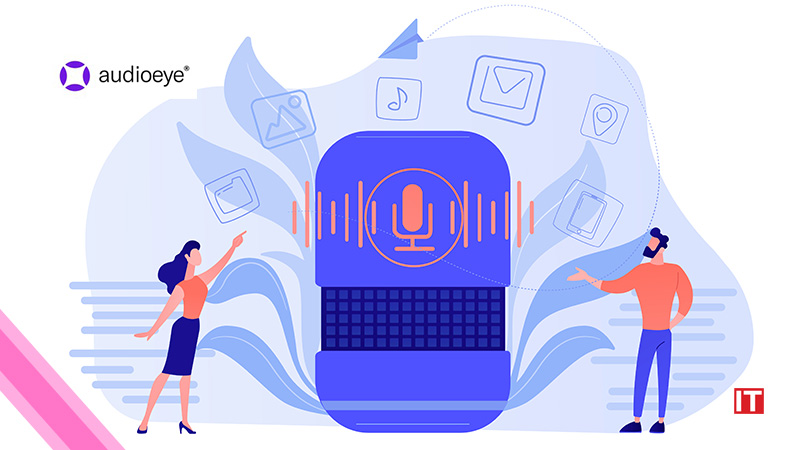AudioEye, Inc., the industry-leading enterprise SaaS accessibility platform for websites and apps, shared findings from a collaborative initiative with accessibility experts from the disability community on the effectiveness and impact of generative AI on identifying, fixing, and communicating accessibility issues that typically require expert review. AudioEye accessibility experts, including those who rely on assistive technology, found AI could reduce the time required to assess and correct a complex accessibility issue — such as determining whether a link is clear and accurate — by up to 10x.
“These results demonstrate strong potential for using generative AI when paired with the right expertise and guidance,” said Diego De La Cruz, a digital accessibility expert who conducts testing for AudioEye customers. “What sets this pilot study apart is the direct involvement of members of the disability community, who rely on assistive technologies such as screen readers and keyboard navigation, in identifying the potential of AI. There is a lot of excitement in the community about what we learned here and how it can inform and speed up improvements in the future.”
The study, which used a Large Language Model (“LLM”), showed promising results for using generative AI in addressing one of accessibility’s biggest impediments — a scalable solution for identifying and fixing complex accessibility issues that typically require time-consuming human analysis. More specifically:
- AI identified fixes for a complex accessibility issue that were nearly on par with those generated by human experts (see Link Purpose below in “Methodology”).
- Using AI-generated fixes as a starting point, human accessibility experts achieved up to a 10x reduction in the time required to identify a code-based solution and communicate how to implement the update to a developer.
- The results show potential for human experts to utilize AI technology to significantly save time and increase the scale at which they can identify and fix more complex digital accessibility issues.
“Everyone is talking about AI,” said David Moradi, CEO of AudioEye, “but when it comes to digital accessibility, a thoughtful and fact-based approach is needed to ensure AI is enhancing and not hindering digital access for the 1.3 billion people with disabilities around the globe. But with only 3% of the world’s websites currently considered accessible, we cannot overlook any technology with the potential to accelerate closing this critical gap. Working directly with members of the disability community to manage both the advantages and risks of AI is imperative.”
SOURCE: PRNewswire


































